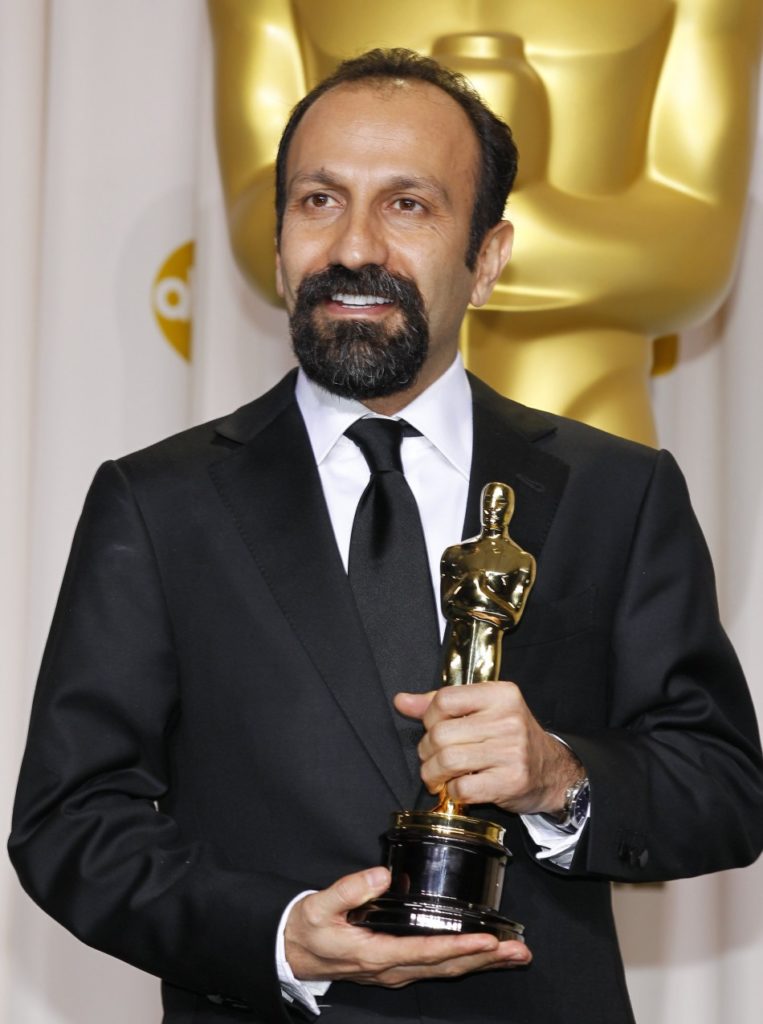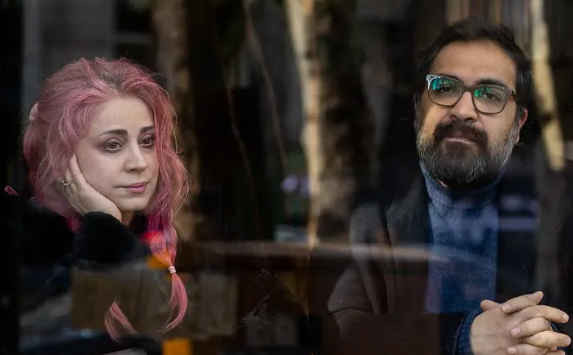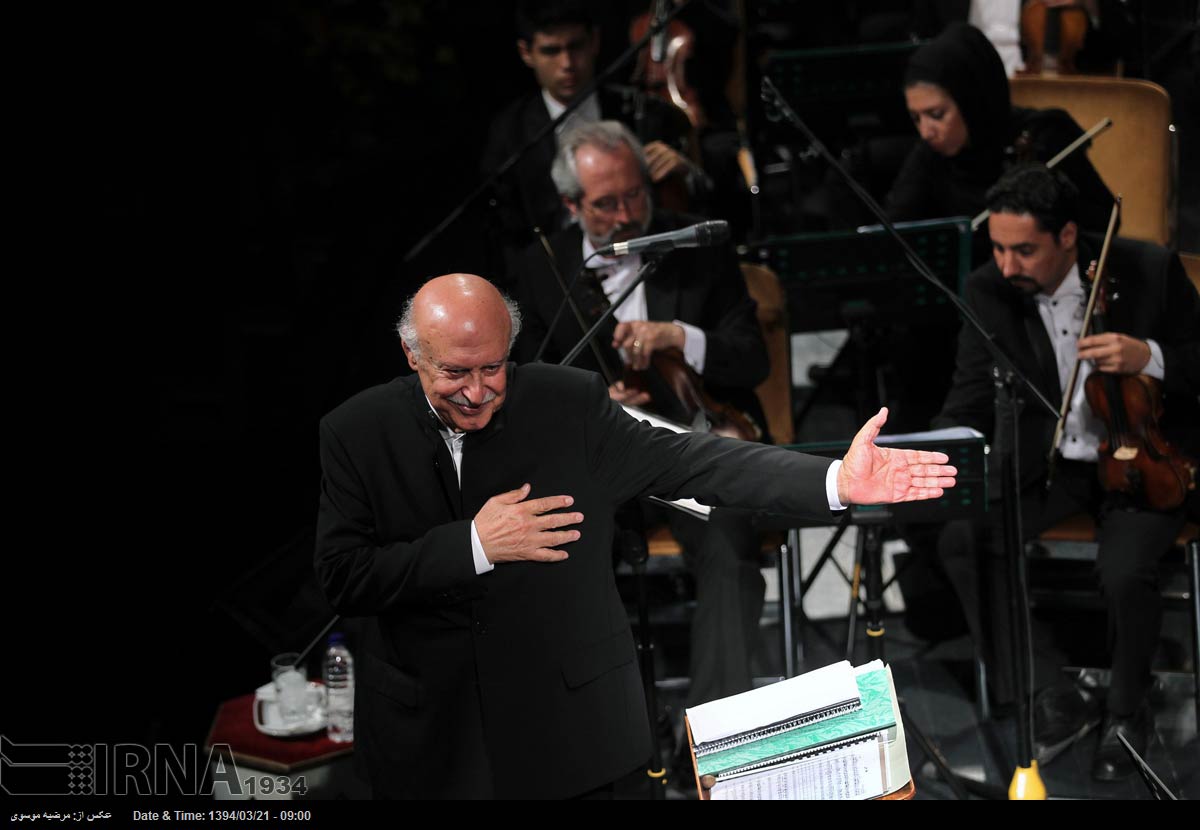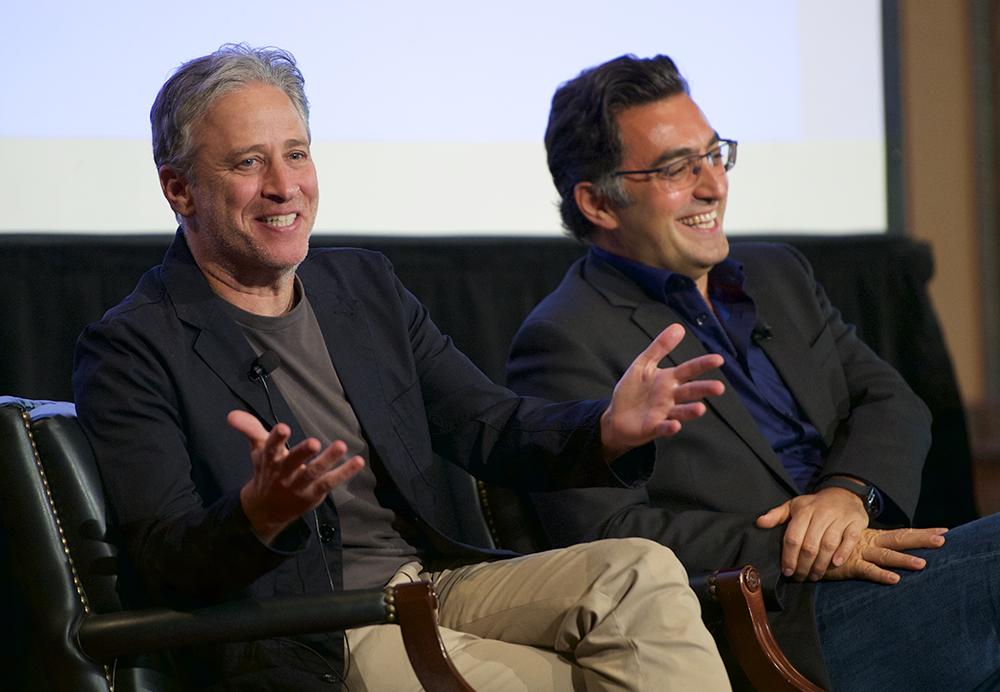October 14, 2016

The selection of Asghar Farhadi’s latest film, “The Salesman,” as Iran’s Oscar submission for this year is proving controversial in some corners of Iran.
The movie was chosen by a committee of the Farabi Cinema Foundation, which is affiliated with the Ministry of Culture. “The Salesman” won the best screenplay and best male actor prizes at the Cannes Film Festival in May, but some Iranian critics are unhappy about its selection for the US awards. They have complained of script problems, that it presents a distorted image of Iranian society and that it undermines family honor and dignity.
Saeed Ghotbizadeh, an Iranian TV and cinema critic, told Al-Monitor, “In societies like Iran, where the government monitors and has a say in cultural issues, some filmmakers are viewed as close to state organizations because their work contains propaganda or topics that the [political establishment] orders. Other filmmakers who present bold and hot topics are seen as in the cultural opposition. Farhadi belongs to neither of these groups.”
He added, “Farhadi’s cinema is one of storytelling. It is reliant on the presence of a famous actor, and, unlike typical cinematic models, deals with general audiences. His films are and have always been among the best [money-making] films in Iran’s cinema, and, in this sense, are very different from Abbas Kiarostami’s, which were either banned from screens or had low [ticket] sales.”
Ghotbizadeh is one of the critics of “The Salesman,” saying he does not consider it to be among Farhadi’s stronger pieces, and that it has “many weak points and is repetitive.”
But others see political issues. The hardline daily Jomhuri Eslami accused Farhadi of presenting a dark image of Iran to the world and of only seeking to win awards in the West. The equally hardline Kayhan wrote in an editorial that the main reason for the film’s success at Cannes was the theme of rape within marriage.
Film critic Masud Farasati described “The Salesman” as being anti-family due to its marital rape and prostitution references. On “Haft,” a program aired on state TV, Farasati accused Farhadi of seeking international prizes by portraying a dark image of Iranian society and families and said his latest film should not be submitted to the Oscars.
“Haft” is hosted by film director Behruz Afkhami, who is also a big critic of “The Salesman.” Prior to this year’s Cannes festival, Afkhami, a Reformist member of the Majlis from 2000 to 2004, described Cannes as a festival for the LGBT community. His comments met with intense criticism. After Farhadi’s success in France, Afkhami responded to his critics by asserting, “The Cannes festival does not award prizes based on cinematic values.”
Ghotbizadeh, who criticized Afkhami’s assertions, believes that the managers of Iran’s state cinemas and other cultural arenas hold the same view of foreign festivals as Afkhami. He suggested why, saying, “These festivals don’t accept works that have been approved by them [the political establishment] and sometimes focus on a film solely because of the director’s political stance. For instance, we see this in regard to [Iranian director and screenwriter] Jafar Panahi [banned from filmmaking since 2010 for political dissent]. Some in Iran’s intellectual circles think this is why some of his simple and sometimes even weak pieces are a constant presence at well-known festivals and often win prizes.”
“The Salesman” is Farhadi’s fourth film to be chosen for submission to the Academy Awards. The others were the 2009 drama “About Elly,” the 2013 French-Italian-Iranian drama “The Past” and “A Separation,” which won an Oscar in 2012, becoming the first Iranian film to win the award.
Given Farhadi’s record, Ghotbizadeh does not think the chances are very good that “The Salesman” will win the Oscar, saying,”“It is very rare to see the same filmmaker win an Oscar for Best Foreign Film twice in less than five years.” Actually, Ingmar Bergman won back-to-back Oscars in 1960 and 1961, while Federico Fellini also won back-to-back awards in 1956 and 1957.
Ghotbizadeh expressed concerns about the possible impression being created that Iranian cinema is limited to Farhadi and his works. “He is a great filmmaker, but it doesn’t make sense to have every film he makes represent Iran at the Oscars,” Ghotbizadeh said.
“His ability to guide actors and propose mysteries is unique in Iran, but Farhadi is not all Iran’s cinema can offer. If his successes lead to a better understanding of Iran’s cinema, then there is room for hope. But if these awards only paint him as the sole big filmmaker in Iran, it is very discouraging.”

























